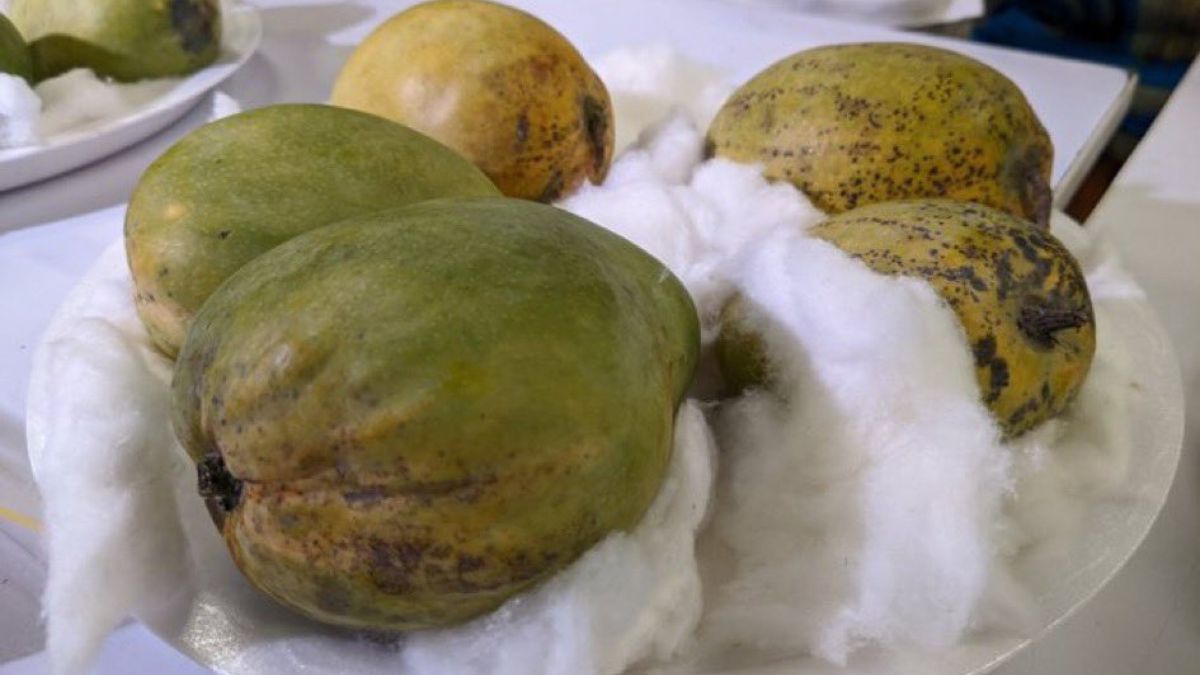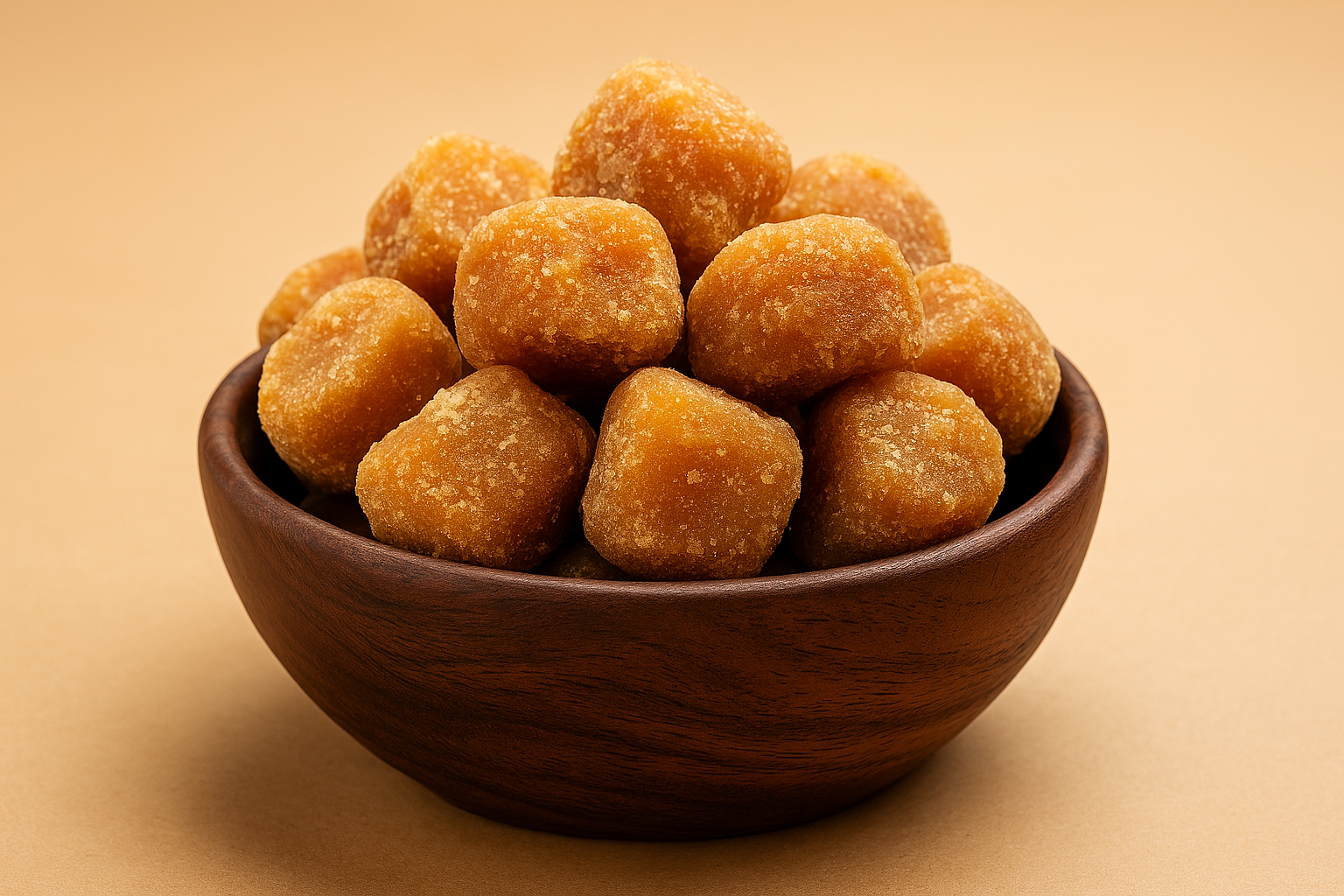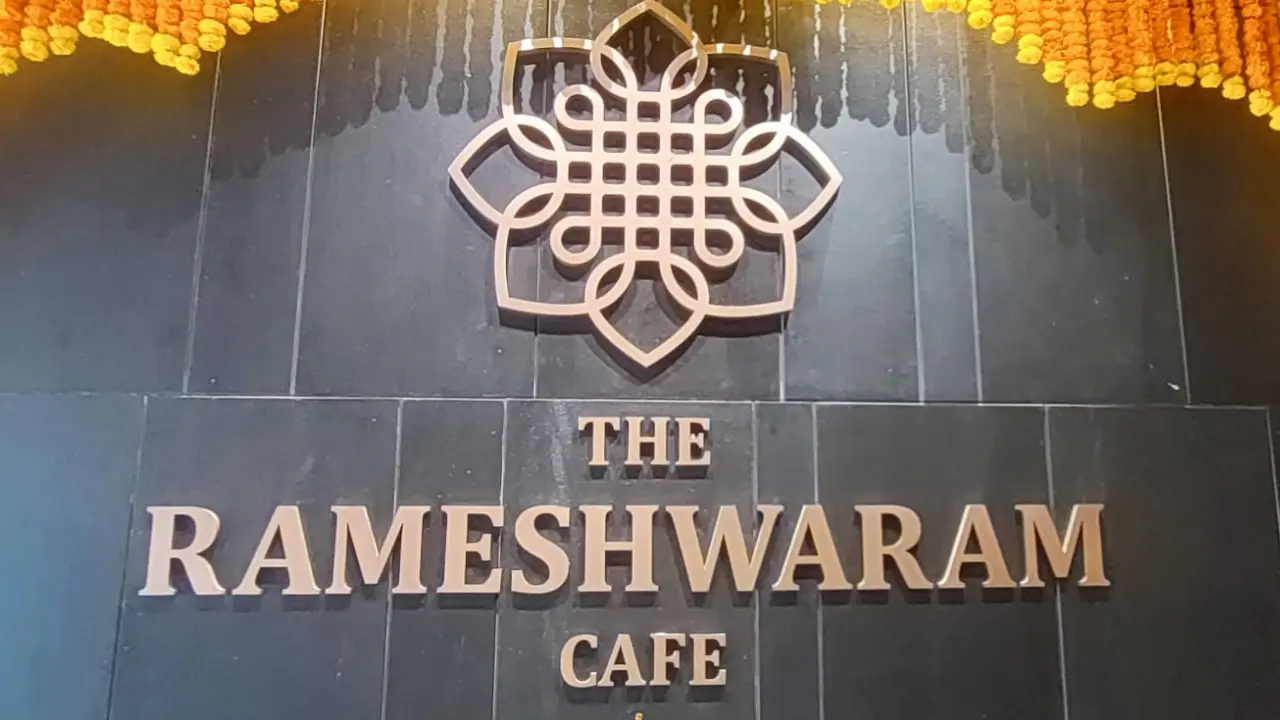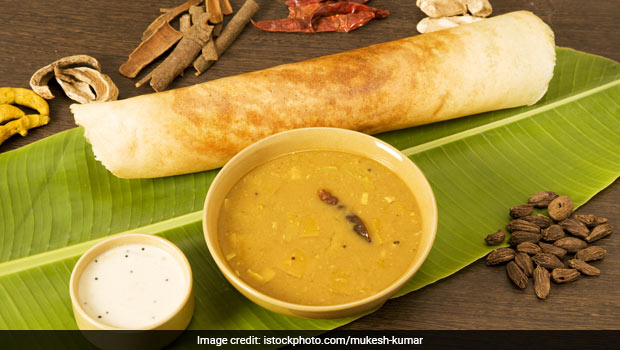Several food grains have a protein called gluten. It occurs with starch in the endosperm of a number of cereal grains. There is a whole range of gluten-related disorders that may require people to shun food grains and food products with gluten in them. As people become more and more aware of symptoms of gluten allergies and other gluten-related diseases, the demand for safe food products and alternative food grains has also increased. Consequently, people have also become more aware of gluten-free options that have always been a part of our culinary repertoire but that are just being 're-discovered' now. Two such gluten-free grains that are widely used in Indian kitchens include besan or gram flour and rice flour.
Chapatis are integral to Indian meals. These flatbreads are part of more or less every meal of the day. They are typically made from wheat or refined flour and are eaten with a variety of vegetarian and non-vegetarian curries and dry preparations. But wheat flour contains gluten and so anyone with gluten sensitivity or a wheat allergy may have to remove chapatti from their daily meals. Chapatis contain good amounts of fibre and other micro-nutrients and you can make gluten-free versions with a number of flours including gram flour, rice flour, amaranth flour, buckwheat flour etc. One such recipe for gluten-free roti was shared by Chef Manjula Jain on her YouTube channel.
Also Read: 5 Things You are Doing Wrong with Your Gluten Free Diet
The recipe for roti is not just gluten-free but also promises to yield delicious and flavourful chapatis. The chapatis are flavoured with dry fenugreek leaves or kasoori methi and are made by mixing gram flour and rice flour together in a soft dough. The dough is rolled out into perfect rounds before being cooked on a standard griddle. You may use coconut oil or ghee for greasing the griddle and imparting a delicious flavour to the rotis.
Also Read: 7 Gluten Free Grains You Should Know About
Check out the full video recipe for gluten-free rotis here:
(This content including advice provides generic information only. It is in no way a substitute for qualified medical opinion. Always consult a specialist or your own doctor for more information. NDTV does not claim responsibility for this information.)








